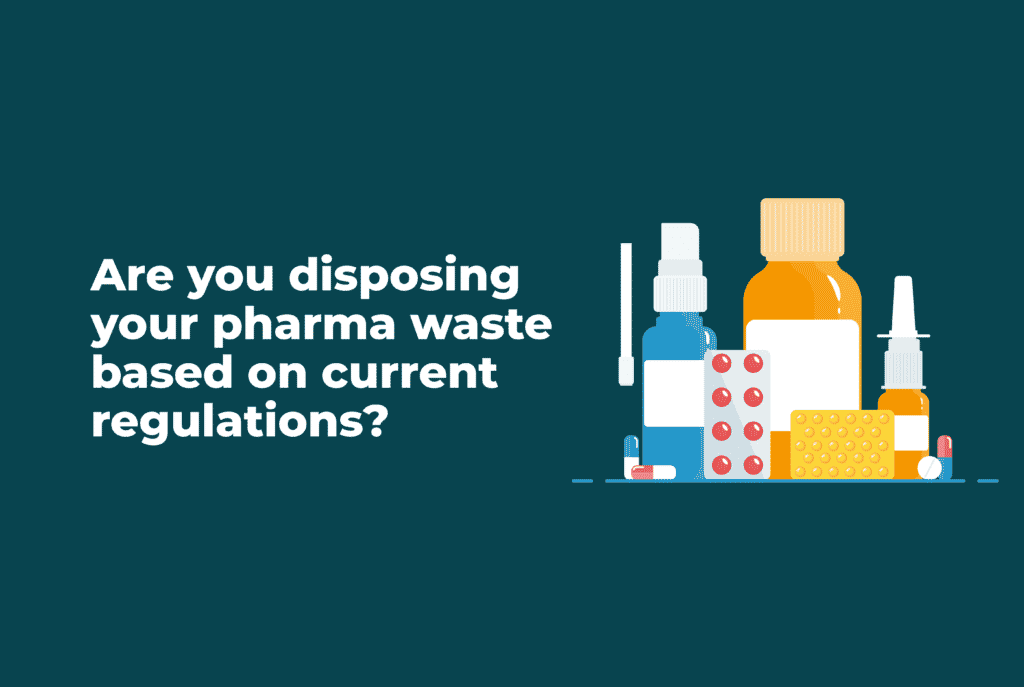What’s new on Pharmaceutical Waste Disposal?
The U.S Food and Drug Administration (FDA) proposed new requirements for drug supply chain companies. The FDA is proposing recent changes to The Drug Supply Chain Security Act (DSCSA), passed as law in 2013. Its purpose was to protect consumers from exposure to drugs that may be counterfeit, stolen, contaminated, or harmful.
The FDA will now provide national licensure standards and requirements that third-party organizations and wholesale drug distributors must meet, or they cannot sell their products.

What are the new rules on Pharmaceutical Waste Disposal as outlined by FDA?
- Every pharmacy transaction must be recorded on Transaction History, Transaction Information, and Transaction Statement that must align with the product.
- Any clerical mistakes such as lost data and wrong addresses need to be solved within 3 business days and cannot be sold until the errors are corrected.
- Set guidelines for storing and handling prescription drugs, including facility and security requirements, inventory management, and equipment maintenance
- Changes in licensure application requirements
The new rule has established that any licensed retail pharmacy that distributes over 5% of its annual sales to licensed practitioners is considered a wholesale distributor, meaning they are subject to all the requirements for wholesale distributors.
3 provisions in the new FDA policies on Pharma Waste Disposal that affect majority of healthcare facilities
- Ban on flushing of hazardous pharmaceutical waste
- Staff training requirements on changes in container storage and waste handling
- Increased requirements for hazardous pharmaceutical waste storage
These provisions have increased the need for proper pharmaceutical waste disposal and ultimately increased the hiring of professional pharmaceutical waste disposal services.
In addition, the changes in the pharma disposal and storage requirements made it more difficult for companies to execute the safe disposal of pharmaceutical waste on site. Therefore, this rule also prohibits the “sewering” of medication and requires companies/prescribers to dispose of their waste and remain compliant with these new requirements.

The MedPro Solution on Pharmaceutical Waste Disposal
Hiring a professional pharmaceutical waste disposal company, such as MedPro Disposal, guarantees the proper disposal of any pharmaceutical and ensures that the company complies with the requirements that the new rule states.
MedPro Disposal also has a new compliance solution, MP1 Rx Formulary Manager powered by Birdseye. This unique, cloud-based formulary platform can instantly filter 82 distinct data points from any National Drug Code (NDC). Users can quickly and accurately identify DEA-controlled substances and hazardous and non-hazardous medications, ensuring your practice is always up-to-date and compliant with federal and state regulations. In seconds, you’ll have access to an easy-to-read summary of the drug, including waste classification and disposal instructions.
The full text of the rule can be found at epa.gov here: Final Rule: Management Standards for Hazardous Waste Pharmaceuticals and Amendment to the P075 Listing for Nicotine


